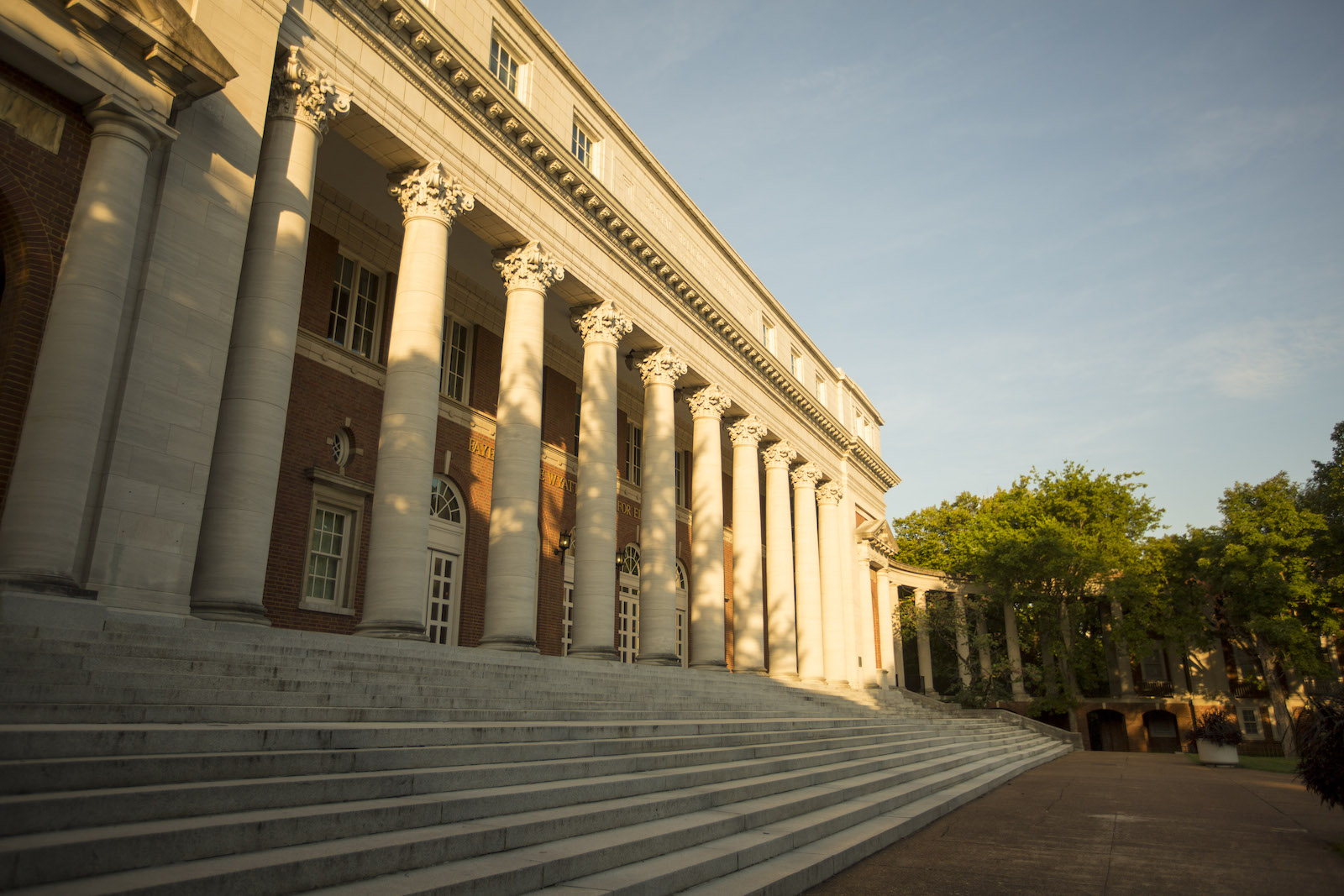Quick links
Master of Education in Elementary Education at a Glance
- A master’s degree in elementary education for students who are eager to grow as educators, leaders or researchers
- Multifaceted partnerships with local schools facilitate a strong connection between theory and practice
- Strong career outcomes, with 100% of job-seeking graduates employed or enrolled in graduate study within four months
- Ranked among the best elementary education programs by U.S. News & World Report
What is the Elementary Education Master’s Degree at Peabody College?
The M.Ed. in Elementary Education at Peabody College is designed for those who want to make a meaningful impact in elementary classrooms. Through a carefully sequenced curriculum, students gain experience in elementary literacy practices, social studies methods and Science, Technology, Engineering, the Arts and Mathematics (STEAM) practices.
Master’s in Elementary Education Program Highlights
- 11-month, 33-credit program leading to K–5 teacher licensure
- Extensive classroom-based learning through practicum and student teaching
- Coursework grounded in reading, English language arts, mathematics, science and varied learning needs
- Strong partnerships with local schools in the Nashville area
- Capstone project demonstrating readiness for professional practice
Eligibility for the Teacher Pathway Scholarship
Program Structure and Timeline
The 11-month, 33-credit Elementary Education (M.Ed.) runs from July through May. Most classes meet for 3 hours once a week. The course schedule is:
- Summer - 2 courses (6 credits): coursework focused on subject-specific content such as arts education, children’s literature and social studies methods, while exploring Nashville as a learning environment
- Fall - 5 course (15 credits): strong foundations in reading, English language arts and mathematics through coursework paired with a learning ecologies class and a practicum in local schools
- Spring - Student teaching and a weekly seminar (6 credits): full-time student teaching, followed by coursework focused on supporting learners with specific needs in reading and science
- May - 2 courses (6 credits): completion of a capstone project
Please note that this program begins in the summer, earlier than most of our other M.Ed. programs. Completing the program leads to a recommendation to the state for K–5 teacher licensure.
Elementary Education Master’s Coursework
Master of Education in Elementary Education Career Outcomes
Graduates of the Elementary Education (M.Ed.) program are prepared to teach and lead in diverse educational settings. Most graduates begin their careers as K–5 teachers in public, private and charter schools.
While many choose to remain in the classroom throughout their careers, others leverage their teaching experience and leadership skills to pursue broader roles in education. These pathways include positions such as instructional coach, curriculum coordinator or specialist, district assessment or data coordinator, educational consultant, professional development trainer and curriculum writer or developer, among other education-related careers.
Recent Elementary Education M.Ed. Degree Outcomes
Of job-seeking Elementary Education graduates, 100% were employed or attending graduate school within four months of graduation. Career outcomes include:
- Computer Science & SEL Interventionist, Carter Lawrence Elementary School, Nashville, Tennessee
- English Teacher, Haile Manas Academy, Debre Berhan, Ethiopia
- English Teaching Assistant, Fulbright Program, Mulhouse, France
- Fifth Grade Teacher, Bloomington Elementary School, St. George, Utah
- Second Grade Head Teacher, New York city Department of Education, New York, New York
-
#5
Best Elementary Education Program, U.S. News & World Report 2025
Program Facts
Program Director: Brian Kissel
Admissions Coordinator: Shawn Blomker
Admission Term: *Summer
Credit Hours: 33
*This program begins in July during Peabody's summer term
Key Application Dates
-
Priority Decision 1
January 3*
-
Priority Decision 2
February 3
-
Rolling Decision
After February 3
*For more information on application dates and requirements, and the benefits of Priority Decision, see the How to Apply page.
Request Information
Program Curriculum
You will be able to earn a master's degree in Elementary Education with licensure in 11 months by completing 33 credit hours at Peabody College.

